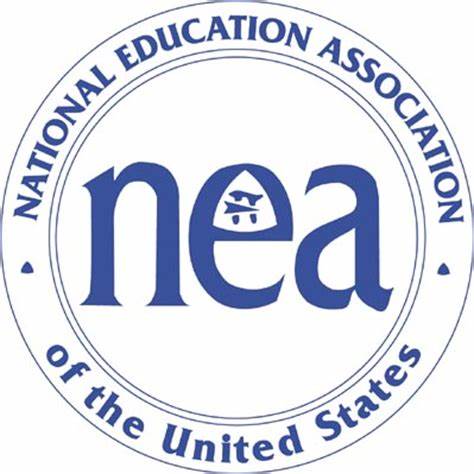This is the VOA Special English Education Report.
American public education activist Reg Weaver has been elected president of the National Education Association. The N-E-A is the country’s largest employee organization for professional workers.
It has two-million-seven-hundred-thousand members. Most of them are teachers. Administrators and other school employees also belong to this union. The National Education Association works to increase pay for teachers and improve public education.
Mister Weaver formerly taught science for thirty-five years in a school near Chicago, Illinois. He has been N-E-A vice president since nineteen-ninety-six. He is the fourth African-American elected to lead the union in its one-hundred-forty-five-year history.
N-E-A delegates elected Mister Weaver to a three-year term during their yearly policy meeting. About nine-thousand delegates attended the meeting last month in Dallas, Texas. The delegates discussed several important issues, including a recently passed law aimed at educational reform. The law is called the Elementary and Secondary Education Act. N-E-A officials say they will work to get more money for schools than the act currently provides. They also will try to help minority and other students do better in school.
The education law also provides for yearly testing of student progress and judgment of teacher performance. N-E-A delegates voted to develop new ways to measure progress besides testing.
The National Education Association also will oppose the development of more educational voucher programs. Voucher programs let poor students in failing public schools use public money to attend private schools, including religious schools. Public schools are free, but private schools cost money to attend.
The N-E-A says it is wrong to take needed government money from public schools and use it for students to attend private schools. Union officials say public schools should be supported and improved.
The National Education Association began in eighteen-fifty-seven. Over the years it joined with other groups of school employees. School administrators led the N-E-A for a long time. By the middle of the nineteen-sixties, however, teachers controlled almost all N-E-A positions.
This VOA Special English Education Report was written by Jerilyn Watson.
